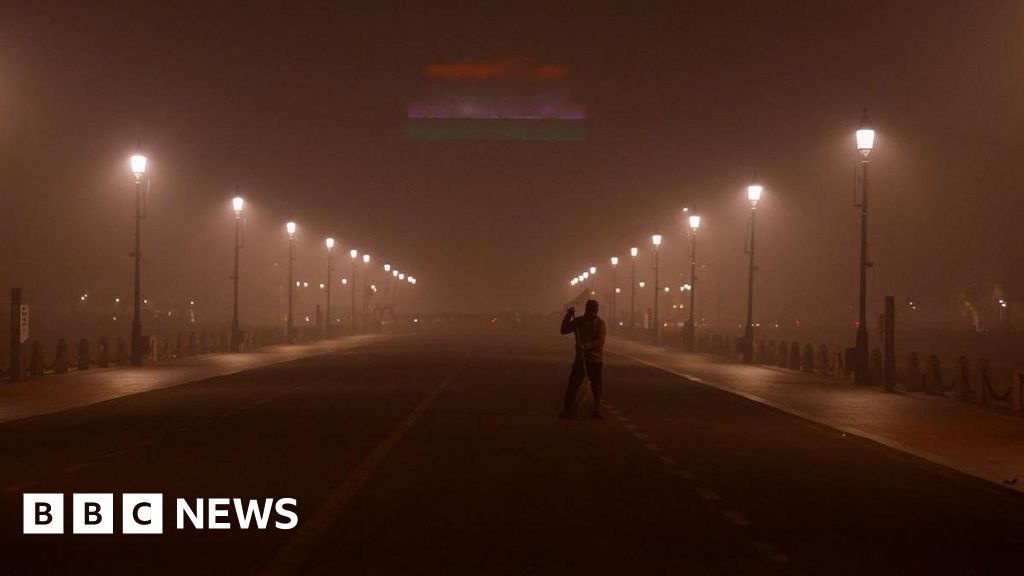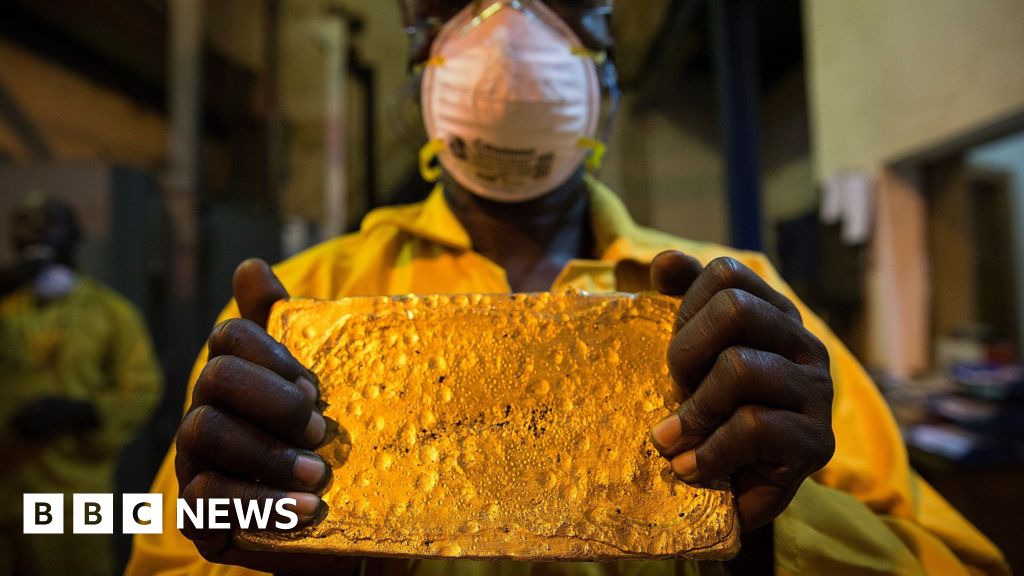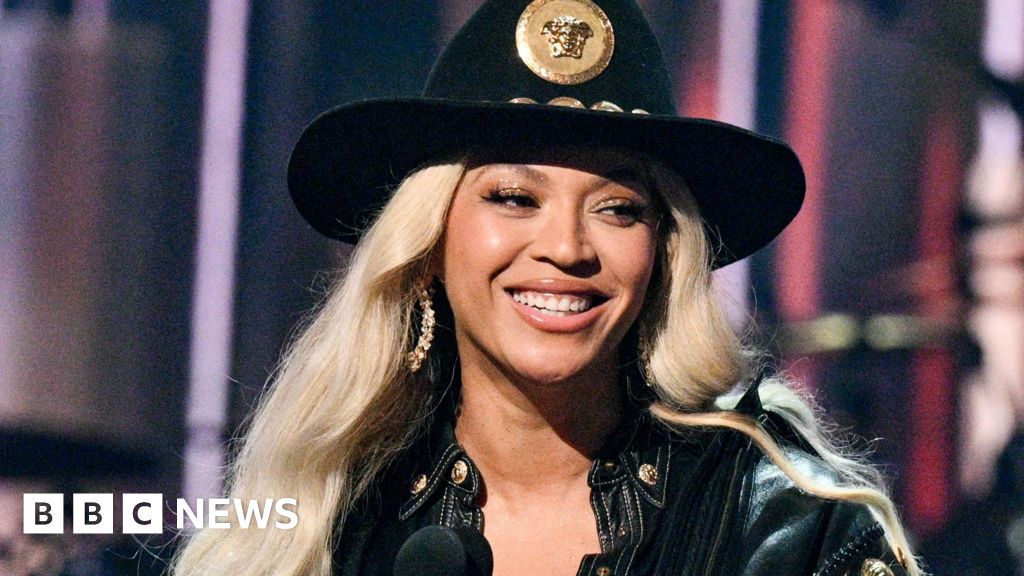ARTICLE AD BOX
Image source, Photonews via Getty Images
Image caption,Ursula von der Leyen said expectations were low
EU members are struggling to resolve their differences over a proposed ban on Russian oil imports, with Hungary its main opponent.
The proposed ban is part of a sixth package of sanctions being discussed during a summit in Brussels, which all 27 member states have to agree on.
European Commission President Ursula von der Leyen said her expectations were "low" a deal would be reached.
Ukraine's President Volodymyr Zelensky urged the EU to stop quarrelling.
The ban on Russian oil imports was initially proposed by the European Commission - which develops laws for member states - a month ago.
But resistance, notably from Hungary, has held up the EU's troubled latest round of sanctions.
Other landlocked countries, such as Slovakia and the Czech Republic, have also asked for more time due to their dependence on Russian oil. Bulgaria, already cut off from Russian gas by Gazprom, has likewise sought opt-outs.
The cost of living crisis being felt across Europe has not helped either. Sky-rocketing energy prices - among other things - have curtailed some EU countries' appetite for sanctions which could also hurt their own economies.
The lack of agreement has meant that a watered-down version of the proposal has been drafted, which would see pipeline oil exempted from the ban while oil imports delivered by sea would be banned. Hungary - which receives its Russian oil through a pipeline from Ukraine - would therefore still be able to receive its oil through pipelines.
Image source, Getty Images
Image caption,Oil barrels at a protest organised by Greenpeace in front of the Hungarian parliament
Speaking before the summit, Ms von der Leyen told reporters her expectations were "low" that an agreement would be reached within the next 48 hours, but said it was possible in the longer term.
She added that "it is very important to have fairness for all, we haven't found a solution for that yet".
Other EU officials, however, have expressed relative confidence that a deal is close. The EU's foreign affairs chief Josep Borell said he is "fully confident" the bloc will reach an agreement, while European Council President Charles Michel said that the time was now to decide on a Russian oil embargo.
Despite their optimism, there remains significant obstacles to passing the ban, with Hungarian Prime Minister Viktor Orban stating that there was "no agreement" on the latest draft of sanctions.
Mr Orban said that although the watered-down proposal was a "good solution," he needed more guarantees that his country's energy supplies would not be hindered before agreeing to the ban.
"It's a good approach but we need a guarantee that in the case of an accident with the pipeline... we have to have the right to get Russian oil from other sources," he told reporters at the summit.
Watch: Hungarian PM blames European Commission for lack of progress on Russian oil sanctions
Mr Orban also blamed the European Commission for failing to properly negotiate the ban with member countries.
He said that energy is a "serious issue", and that "we need solutions and then the sanctions."
Ukraine's President Volodymyr Zelensky, who dialled into the summit, urged EU countries to stop their internal "quarrels," stating that they only helped Moscow.
"All quarrels in Europe must end, internal disputes that only encourage Russia to put more and more pressure on you," Mr Zelensky said via video-link.
"It is time for you to be not separate, not fragments, but one whole," he said, calling for a new set of sanctions against Russia, including a ban on Russian oil.
Latvia's Prime Minister Krisjanis Karins said member countries must not get "bogged down" in their own personal interests.
"It's going to cost us more. But it's only money. The Ukrainians are paying with their lives," he said.
- There is fierce fighting in Ukraine's east, focused around the city of Severdonetsk
- According to the regional governor Serhyi Haidai, the "situation is very difficult" with no water, gas or electricity supplies in the city
- French journalist, Frédéric Leclerc-Imhoff, was killed covering an evacuation operation for broadcaster BFMTV near the city
- Russia's foreign minister, Sergei Lavrov, told French TV channel TF1 that the "liberation" of the eastern region known as the Donbas was an "unconditional priority" for Russia
- Ukraine launched a counter-offensive in a bid to reclaim land taken by Russia around the southern city of Kherson, according to Ukraine's military
- The US said it will not send weapons to Ukraine that can hit targets inside Russia, President Joe Biden said

 2 years ago
53
2 years ago
53








 English (US)
English (US)